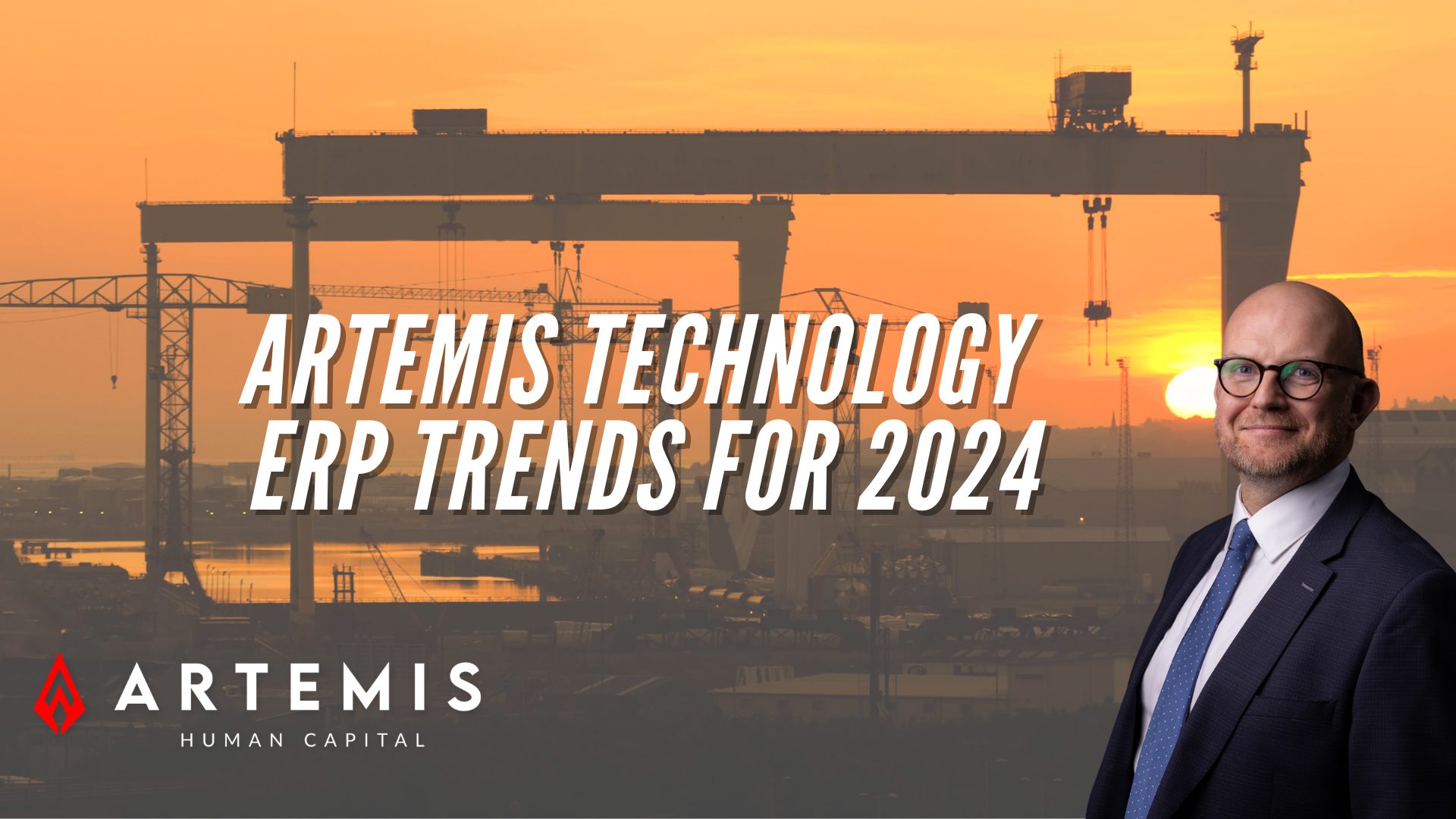Trends in ERP Software Products
I have assisted several NI companies this year in recruiting top tier tech professionals in the ERP sphere. Local firms have shown a commitment to staying ahead of the curve to maintain a competitive edge and having an immersive and ‘future proof’ ERP platform at the core of their business is essential for that. With changes in the way we work, how businesses use and store data and enhanced functionality of business systems there have been a number of key trends and innovations in the ERP space in recent years that we are seeing positively impact the technology and business climate.
Introduction to ERP Software
Enterprise Resource Planning (ERP) software is a powerful tool that integrates various functions within an organization, including accounting, human resources, procurement, inventory management, and more. By providing a centralised platform for data management and process automation, ERP systems facilitate better decision-making, improved efficiency, and enhanced collaboration.
Cloud-Based ERP Solutions on the Rise
One of the most significant trends in ERP software is the shift towards cloud-based solutions. Cloud ERP systems offer several advantages, including flexibility, scalability, and reduced IT infrastructure costs. Moreover, they allow for seamless remote access, which has become increasingly important in light of the global shift towards remote and hybrid work models.
Emphasis on Data Analytics and Business Intelligence
In an era where data is king, ERP systems are incorporating advanced analytics and business intelligence capabilities. These features enable businesses to extract valuable insights from their operational data, empowering them to make informed decisions and identify opportunities for growth. I have seen the growth of ERP and BI teams go hand-in-hand this year as companies are keen to harness the reporting and analytics capability of their systems.
Integration with Emerging Technologies
ERP software is evolving to incorporate emerging technologies such as Artificial Intelligence (AI), Machine Learning (ML), Internet of Things (IoT), and blockchain. These technologies enhance the capabilities of ERP systems by enabling predictive analytics, automation of routine tasks, and facilitating real-time monitoring of operations.
Focus on User Experience and Accessibility
User experience has become a critical factor in the selection and deployment of ERP systems. Modern ERP solutions are designed with intuitive interfaces and user-friendly features to ensure that employees can quickly adapt to the new software. Additionally, mobile accessibility is a growing consideration, allowing employees to access ERP functionalities from their smartphones or tablets, providing greater flexibility in how they work.
Compliance and Security Considerations
With increasing regulatory requirements, particularly in industries such as finance and healthcare, ERP systems in the UK are placing a greater emphasis on compliance and security features. Ensuring data protection, GDPR compliance, and other regulatory standards is paramount for businesses operating in the UK market.
Conclusion
The ERP landscape is experiencing significant advancements, driven by the need for increased efficiency, better decision-making, and adaptability in today’s competitive business environment. Cloud-based solutions, advanced analytics, integration with emerging technologies, user experience enhancements, and compliance considerations are all key trends shaping the ERP market.
By staying abreast of these trends and embracing innovative ERP solutions, businesses can position themselves for success in the years to come.
I have a network of candidates across all aspects of the ERP and Business Intelligence domain at various locations across Ireland. If you are thinking of enhancing your tech teams in 2024 with experienced ERP professionals I would be delighted to have a chat with you. Please feel free to reach out. Paul@artemis-humancapital.com

